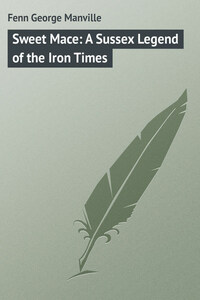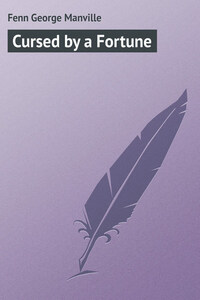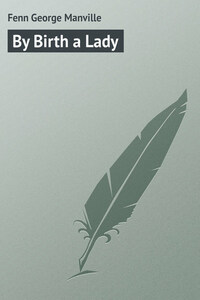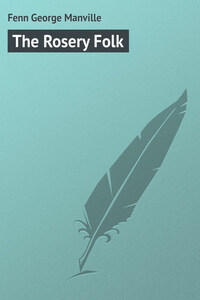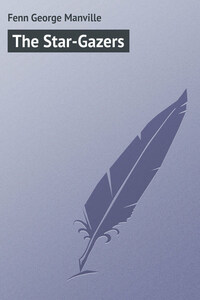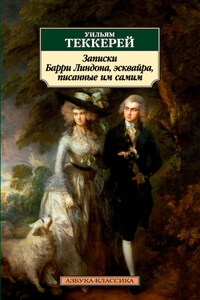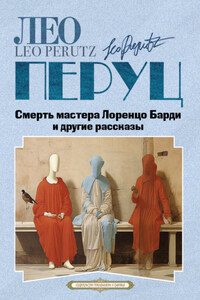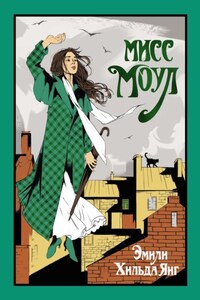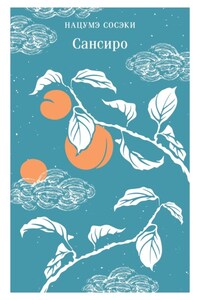How Gil Carr Heard a Concert in Spring
“Too soon for sweet mace – a bunch for sweet Mace,” said Gil Carr as he bent down amongst the sedges to pick the bright blue scorpion grass, its delicate flowers relieved with yellow, “so she must have forget-me-not. I wonder whether she’ll keep some when I’m far away.”
He stopped and smiled and listened, for the morning concert was beginning two hundred and fifty years ago, at four o’clock in the morning and down in a Sussex valley near the sea.
A long while since? Nay, a mere instant of time in this world’s life; and spite of all some writers say, and though we now have steam and electric current to our hand, two hundred and fifty years ago men thought and spoke the same – perhaps a little more roughly than they do now.
There was the pleasant gurgle of water at Gil Carr’s feet, and as he drew back from where the stream rippled and swirled, and a trout darted into sight, saw him, and flashed away beneath the shelter of a jutting stone, he paused beneath the spreading branches of the trees, half-closed his eyes, thought of sweet Mace, and revelled, as young men of eight-and-twenty can who love to place one object in the chiefest spot of all they see.
Here is the site of Gil Carr’s musings, for untouched Nature shows little change. Overhead there is a fabric of tenderest green leaves, laced with pearly cobweb and flashing threads of sunshine, which run in and out like sheaves of glorified asbestos, and weave the whole into a wondrous shelter beneath whose delicious dream-shadow one wanders in a haze of green. For Nature’s own colour is lavishly used to decorate this glorious amphitheatre for the first concert in spring, and there it is in every shade, from the sweet pale ash-green of the opening willow to the rich hue of the dogs’ mercury and hemlock. Green everywhere, for the delicate curtains of the trees are green, the carpet is verdant, and the banks that rise tier upon tier are of the richest velvet moss. There is no uniformity here, there are no rows of seats, but a grand confusion, upon which the eye lingers restfully and which it refuses to quit.
Lest there should be too much green, Nature has been lavish with other colours. There rise up the fascines of osiers from the lowest part of the gurgling stream, light leafy smooth stems of a golden yellow; there are the oak boles creamy and grey with wondrous lichens; grey, silvery, and golden tassels hang from sallow, alder, and willow, and the carpet is dotted with delicious patches of tint. Yonder, harmoniously blended with the green, is the purple of the wild hyacinth, amidst which, and dotting the carpet everywhere with its delicate sulphur stars, is the primrose, with the burnished bullion yellow of the celandine close by, amidst which, bending gracefully over, half modest, half vain, are the silver stars of the wood anemone, displaying their outer tints of delicate violet mauve.
Talk of violets too, there they are, not the scented sweets of earliest spring, but the larger, bluer, more plentiful Viola canina, growing in patches with the purple orchids. Colour? There is ample to relieve the greenest green, untiring though it be, and were brighter tints wanted they are here, such as put to shame the brightest gems of our greatest jewellers’ shops. There they are, whenever the silvery arrows of the sun flash through the delicate leafage like a wondrous rain – there they are, bright, dazzling, flashing, and sparkling, the vivid transparent grouped rays of Iris herself on every pearly drop of dew, lying waiting for the sun to gather it to his bosom, and feel the daily fire of his life-giving ray. Nature has surpassed herself, and all is bright, while, bright though the decorations be, the most aesthetic critic could not find one that offends. There could be no want of finish where Nature has worked, and here, where all harmonises to the eye, she has prepared, for the grand burst of harmony for the ear, that wondrous concert that surely begins on one particular undated morning in spring, when, as if moved by a single impulse, all bird-dom breaks forth into song – a song of praise so sweet and glorious that the heart seems to leap, ay, and does leap, back over the gulf of years, to feel as in childhood’s days, before rust, canker, and the world’s own wear had hardened it to what it is.
There are no bills issued. If there were, they would say, “Come early.” If you do not, the loss is yours. There are no programmes, for the oratorio is Nature’s song of praise. As to tickets, they are minus too, for the cost of entrance is the effort to drag yourself from the drowsy pillow. And seats? No, you must stand. Lean here against this mossy old bole, and listen. Nature, the great conductress of the orchestra, has arrived, and in a few moments she will raise her baton, and the concert will begin. Rehearsal has been going on for weeks, and various artists have been tuning up. Night after night, till quite dark, the thrush has piped; the robin has worked hard in a low subdued voice to recollect the plaintive little song he sang so well while the apples were gathered and the leaves turned to crimson and gold on the medlar tree; while every here and there, where the buds began to swell, the chaffinch – Coelebs, the bachelor – in his pretty tinted suit of grey and green and neutral hues, seemed busy day by day carrying up little buckets of silver sound, and pouring them tinkling down amidst the leafless sprays. But this morning, rehearsal is over, and the concert is to begin – the full burst from every chorister, solo singer, and instrumentalist, many of whom have been practising since the first faint grey of dawn, when the blackbird first scattered the spray from the leaves, and darted, like a streak of black velvet following a point of fire, down amidst the hazel stubbs, crying “chink, chink,” to the waking birds.
